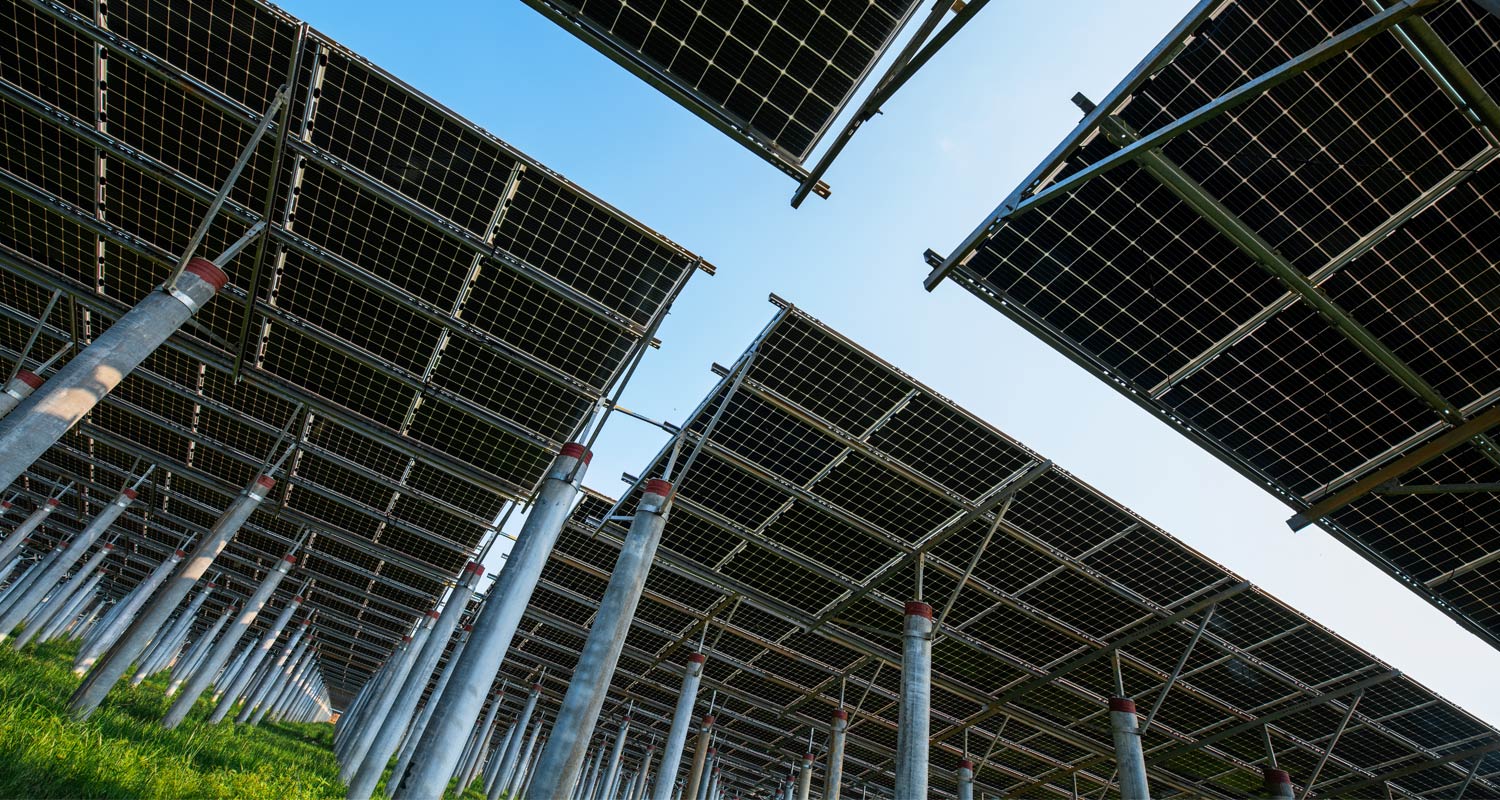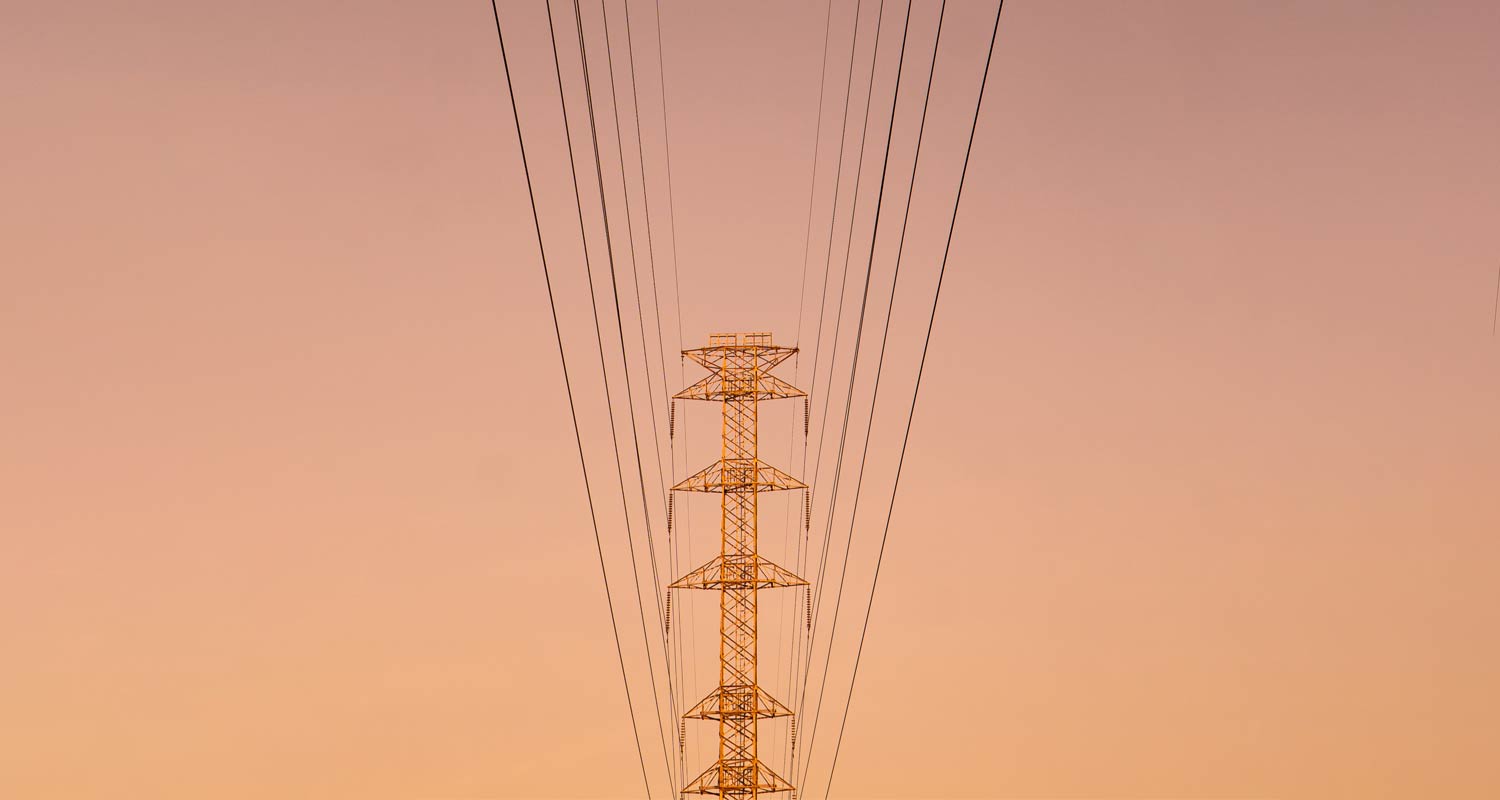
Tainting the positive news of the diminishing – though still serious – impact of load shedding on the economy is the knowledge that the core document that is meant to shape the future of our energy supply is an impediment to progress rather than the catalyst it should be.
The economy certainly needs all the help it can get. It barely avoided a technical recession in the fourth quarter of last year with 0.1% growth, taking the annual rate to just 0.6%. In announcing the figures, Reserve Bank governor Lesetja Kganyago bemoaned the impact of the electricity crisis on GDP growth, saying load shedding was worse than in previous years, while port and rail constraints also had a negative impact.
But he gave estimates of the Bank’s Monetary Policy Committee on the impact of power cuts that were heartening: electricity shortages took 1.5 percentage points off GDP last year and is expected to drop to 0.6pp this year and 0.2pp next year.
The diminishing impact of load shedding reflects the success of the energy action plan and the collaboration between government and business. The power cuts that have shackled growth prospects for more than a decade are easing as more generation becomes available, and the national energy crisis committee estimates that this year and next year, an estimated 10.6GW of additional generation capacity will come on stream from private sector projects connecting to the grid including projects from previous bid windows nearing completion, additional Eskom units returning to service and the continued increase in rooftop solar.
The economy will remain handicapped still for some time, however, until we make more progress in the other two core areas of the business-government collaboration – transport & logistics and crime & corruption. In transport there has been solid but slow progress and there is still a long way to go before we reach the levels of required efficiencies.
Evidence-based policies
The reason this partnership with government is working – and by and large it’s working pretty well in some areas – is because it is premised on good data based on research, which generates solid assumptions, otherwise it would just be propaganda.
Every government should adopt evidence-based policies – and no good case has been built for the assumptions in the IRP 2023. To advance in each area of collaboration, we need government to be aligned and for the most part government is fully behind our work but of course there are elements within it who directly oppose it.
Read: Gwede spurns shift to renewables
The IRP, by legislation, is supposed to be a living plan to be continuously revised and updated as necessitated by changing circumstances. This is an area the government has brazenly neglected – before the IRP 2023, it was updated in 2019 and before that, it was way back in 2010.
While the latest version was published only in January this year, it was never fit for purpose and needs to be revised immediately. There are so many difficulties in generating enough new power to stabilise supply that the country cannot afford to be held back by the core document that is meant to shape the future of our energy supply being so different to the reality of what is happening in the energy market and so out of touch with reality.
 The first, overarching problem, is that it goes against the least-cost principle and presents some spurious costing estimates that appear to elevate the price of renewable energy and underestimate the cost of fossil fuels.
The first, overarching problem, is that it goes against the least-cost principle and presents some spurious costing estimates that appear to elevate the price of renewable energy and underestimate the cost of fossil fuels.
Then it slashes the amount of renewable energy – still easily the cheapest form of new energy generation – to be installed between 2024 and 2030 via public procurement from 15.2GW in IRP 2019 to 8GW in IRP 2023. The huge increase in the allocation to gas is also eyebrow-raising – it allocates 7.22GW to gas-based generation, up from 3GW in the IRP 2019.
Energy analyst Chris Yelland points out that although it is relatively easy and fast to build gas-to-power plants, the problem is supplying the gas to these stations as the infrastructure does not exist and that takes time to develop – and it’s expensive.
One element of the IRP 2023 is to delay the shutdown plan of 13GW being decommissioned by 2034, and then there will be no decommissioning between 2035 and 2045. But Eskom has already calculated the costs for this, concluding that it would cost about R400-billion for a five-year extension of just a small set of power stations and the IRP makes no mention of where the funding would come from.
There are numerous other problems with the document. It underestimates the uptake of rooftop solar, for which it allocates 900MW/year until 2030 despite far more than that already being added. It also underestimates future energy demand – which on its own puts the entire modelling process at risk.
Heavy penalties
But the second overarching problem with the IRP is that it pushes back against the gains we have made in our own fight against climate change and, if adhered to, will see South Africa pay heavy penalties in the form of carbon taxes (the EU’s Carbon Border Adjustment Mechanism kicks in in 2026) while the country will also be shunned by numerous institutional investors where fund managers are restricted from investing in high-carbon countries.
The reality of the market is that funding for new fossil fuel ventures does not exist, a factor entirely ignored in in IRP 2023.
Read: 76% of Africa’s energy needs could come from renewables by 2040
The bottom line is that we need electricity that is affordable, reliable and can come on stream quickly. Anything that goes against that doesn’t make sense and the IRP needs to be reworked to facilitate this – it’s an imperative to enable economic growth and boost employment.
The IRP is but one example of bad policy, all of which mitigate against and delay economic growth and the reduction of unemployment. There is lots of agreement and goodwill between government and business, but in many areas other than energy, there are similar problematic issues where policies are not aligned with President Cyril Ramaphosa’s drive for growth.
 To get to the point where the economy is growing fast enough to create jobs at a significant rate, all the dysfunctional elements need to be remedied – transport, logistics and infrastructure are major areas but also water supply, efficiency of state-owned enterprises, general service delivery, corruption … the list is endless and resolutions to the problems in each area need to be pursued vigorously. Opposition within government to reforms slows everything down, at best, or results in failure. The economy cannot afford that.
To get to the point where the economy is growing fast enough to create jobs at a significant rate, all the dysfunctional elements need to be remedied – transport, logistics and infrastructure are major areas but also water supply, efficiency of state-owned enterprises, general service delivery, corruption … the list is endless and resolutions to the problems in each area need to be pursued vigorously. Opposition within government to reforms slows everything down, at best, or results in failure. The economy cannot afford that.
- Busi Mavuso is CEO of Business Leadership South Africa
- Read more pieces by Busi Mavuso on TechCentral

